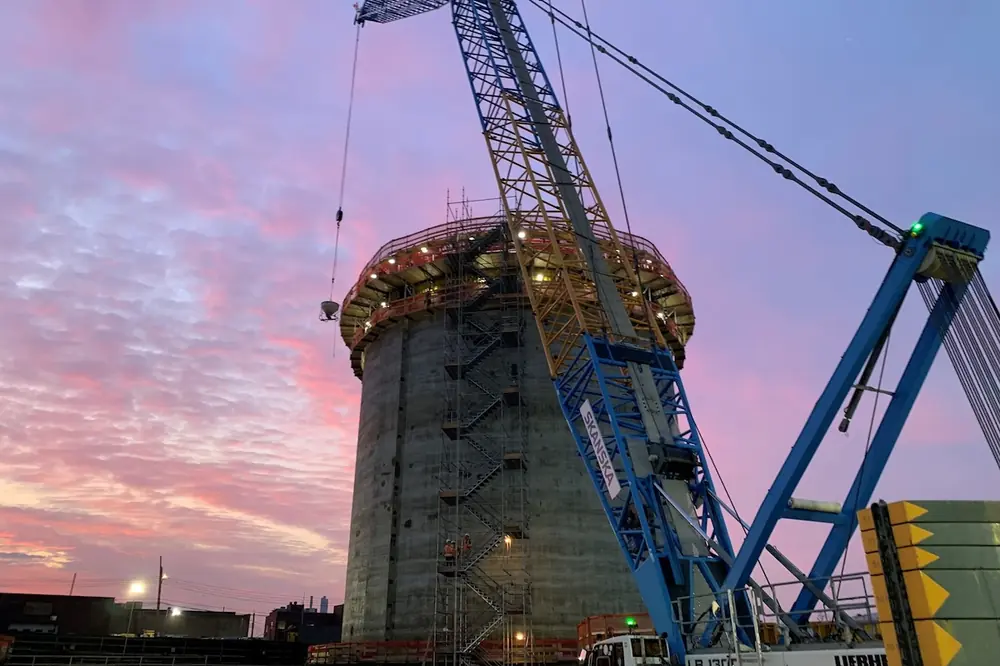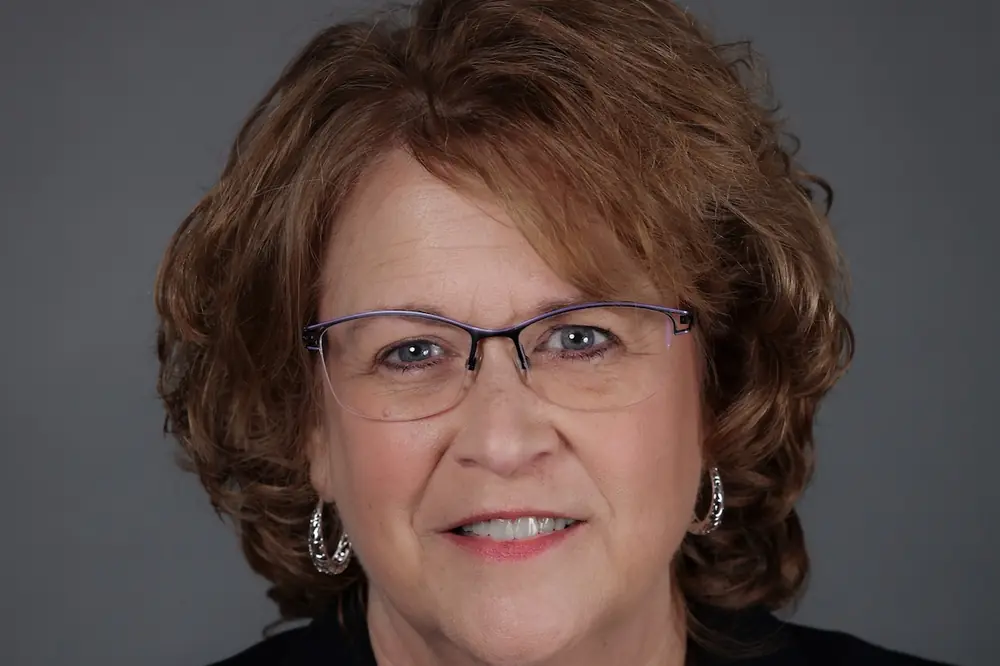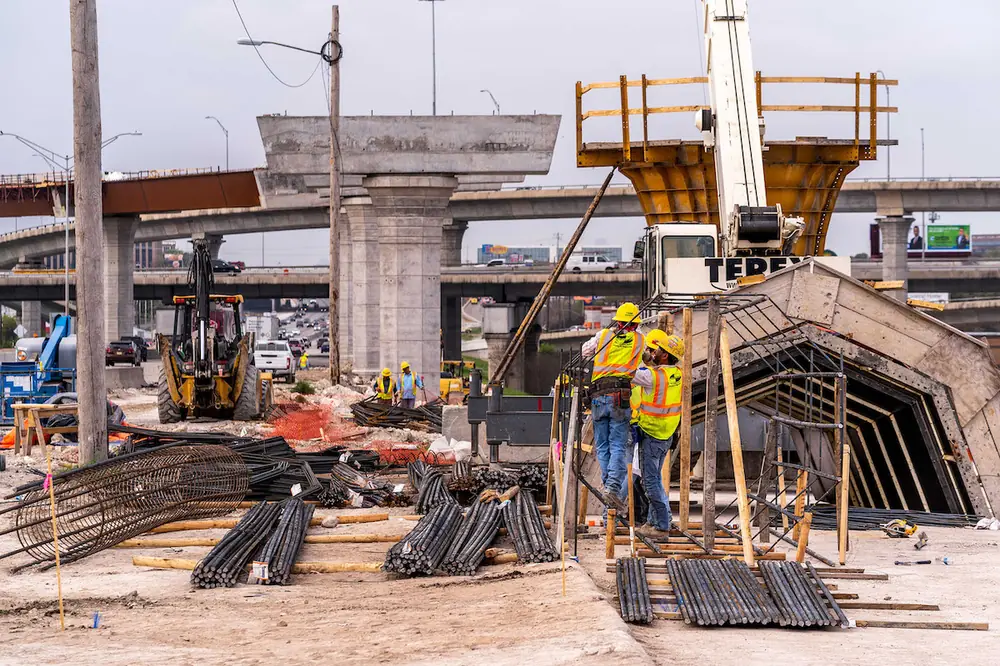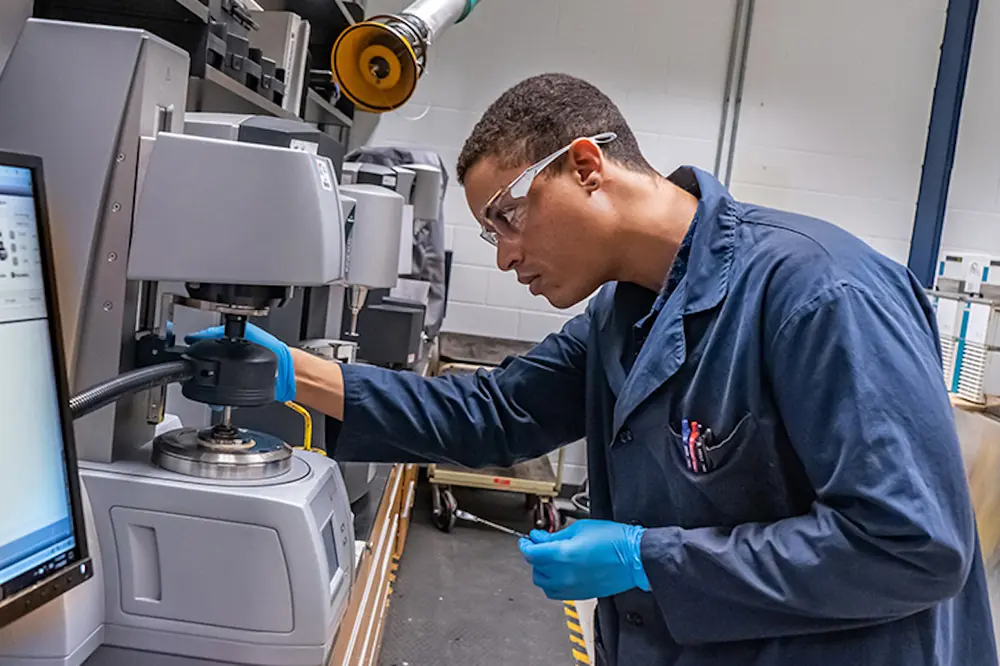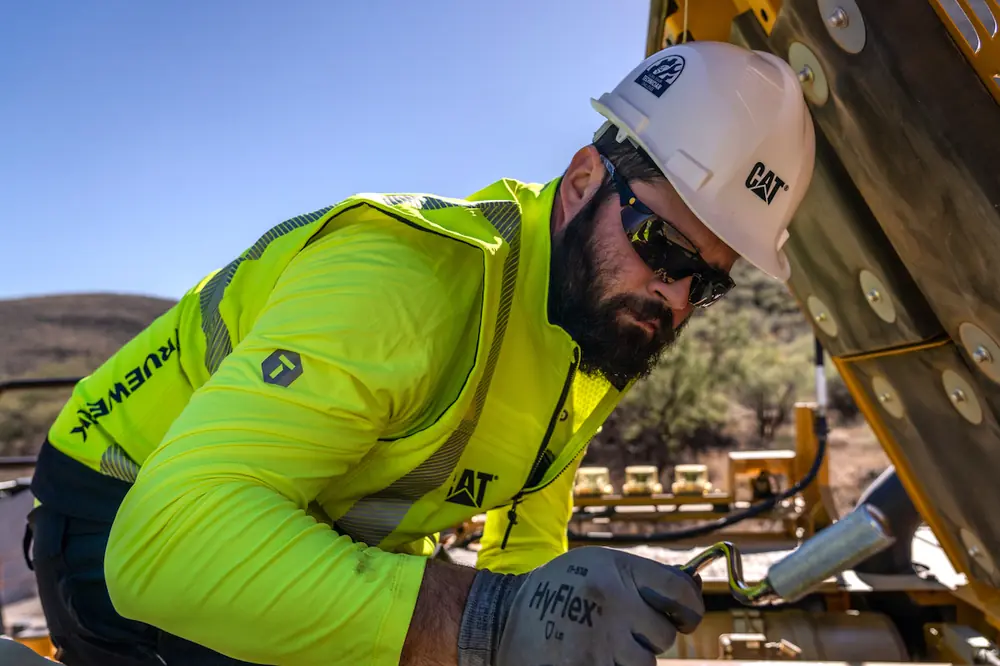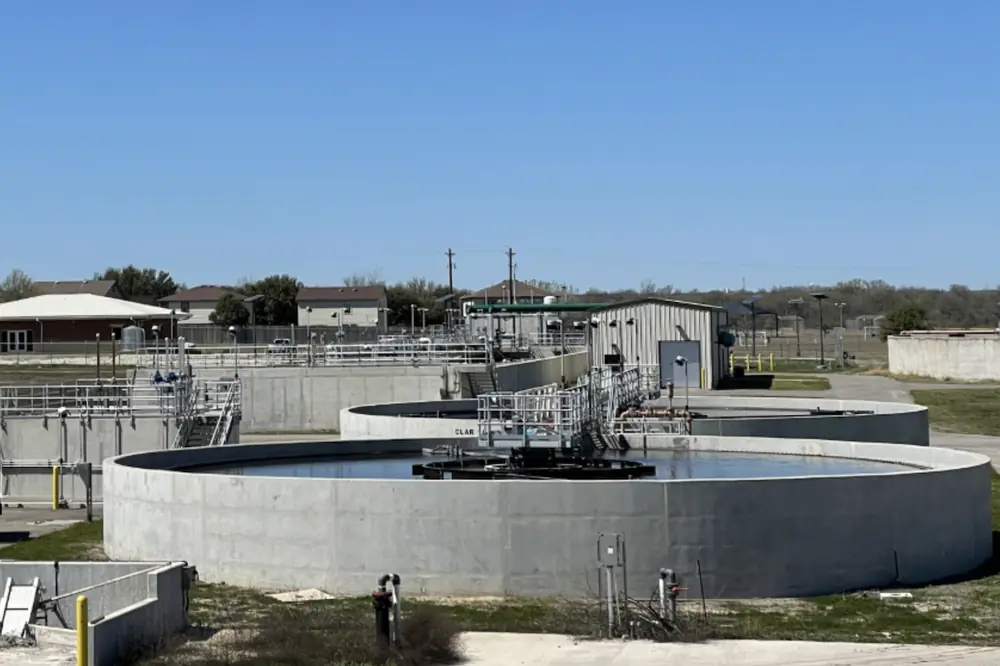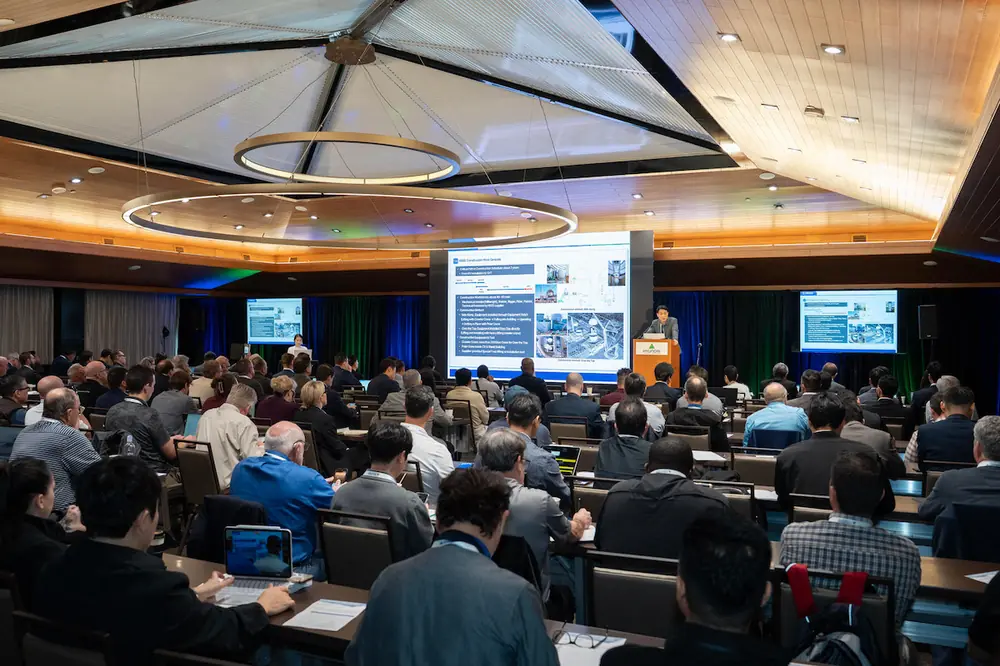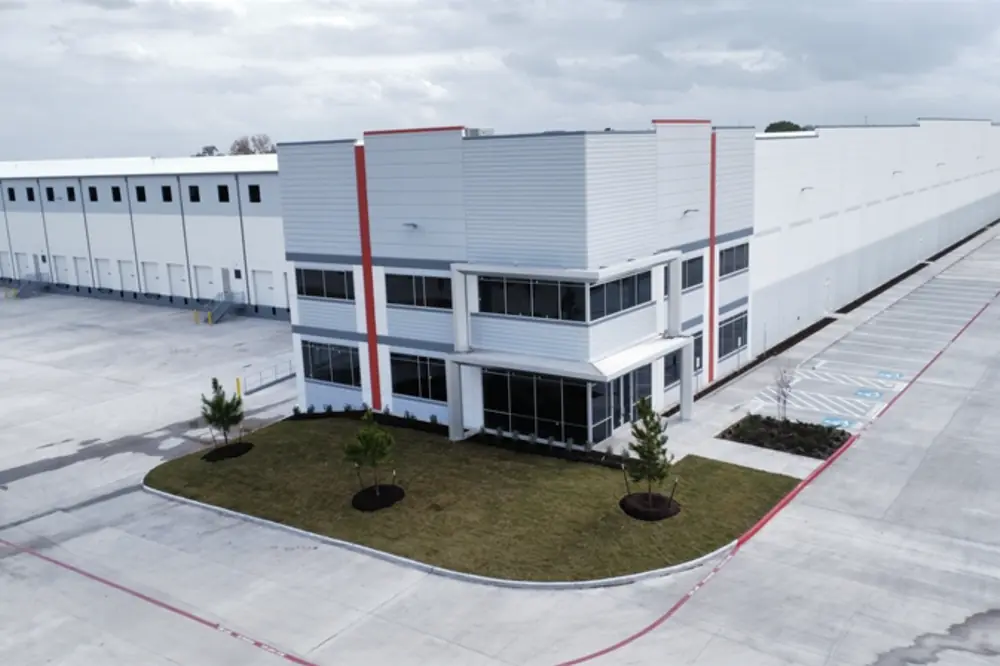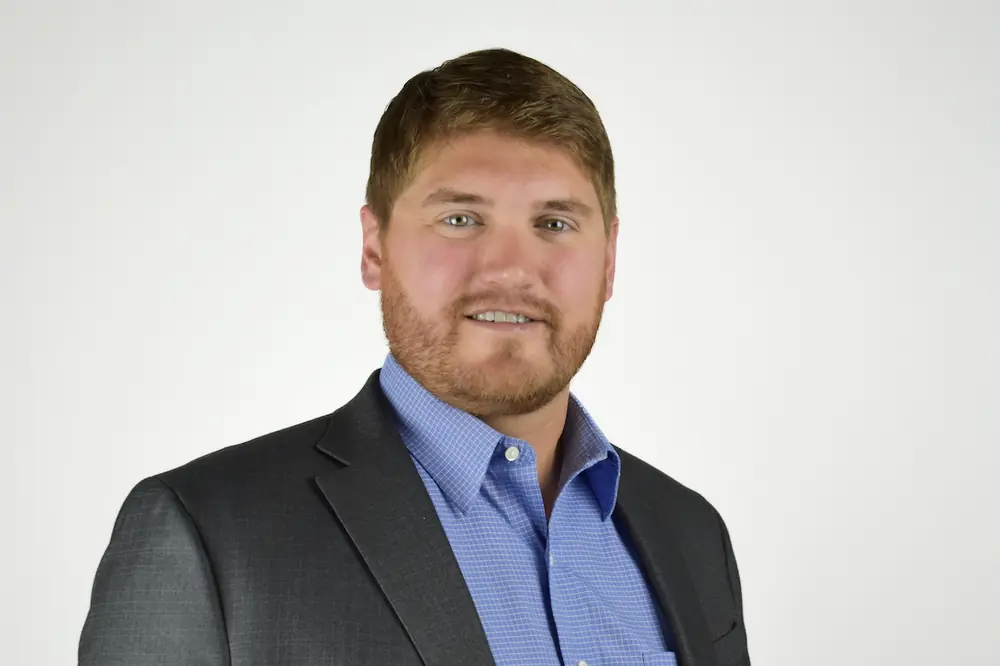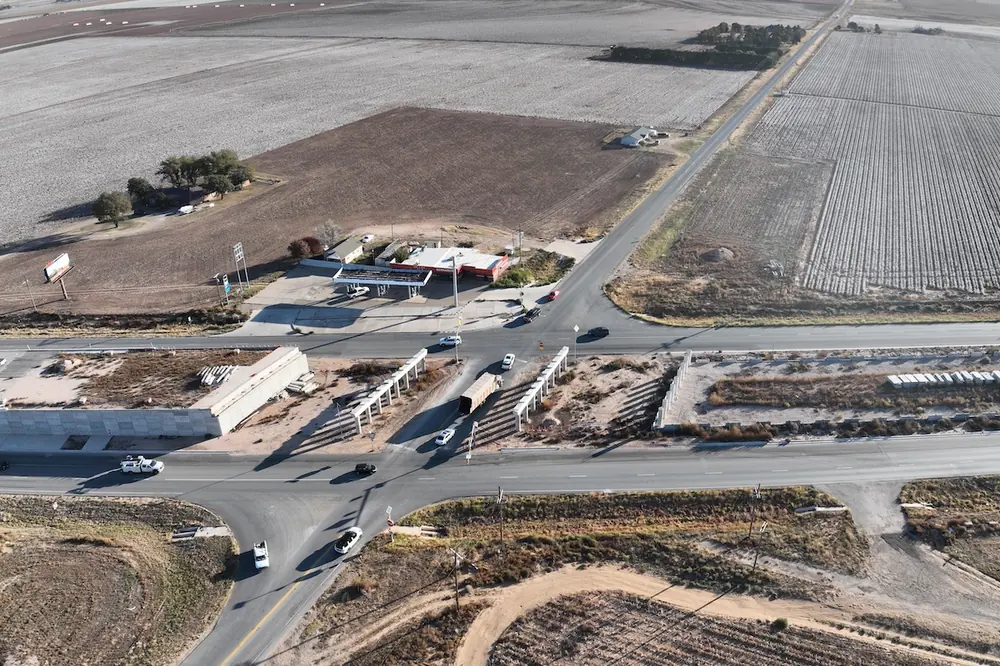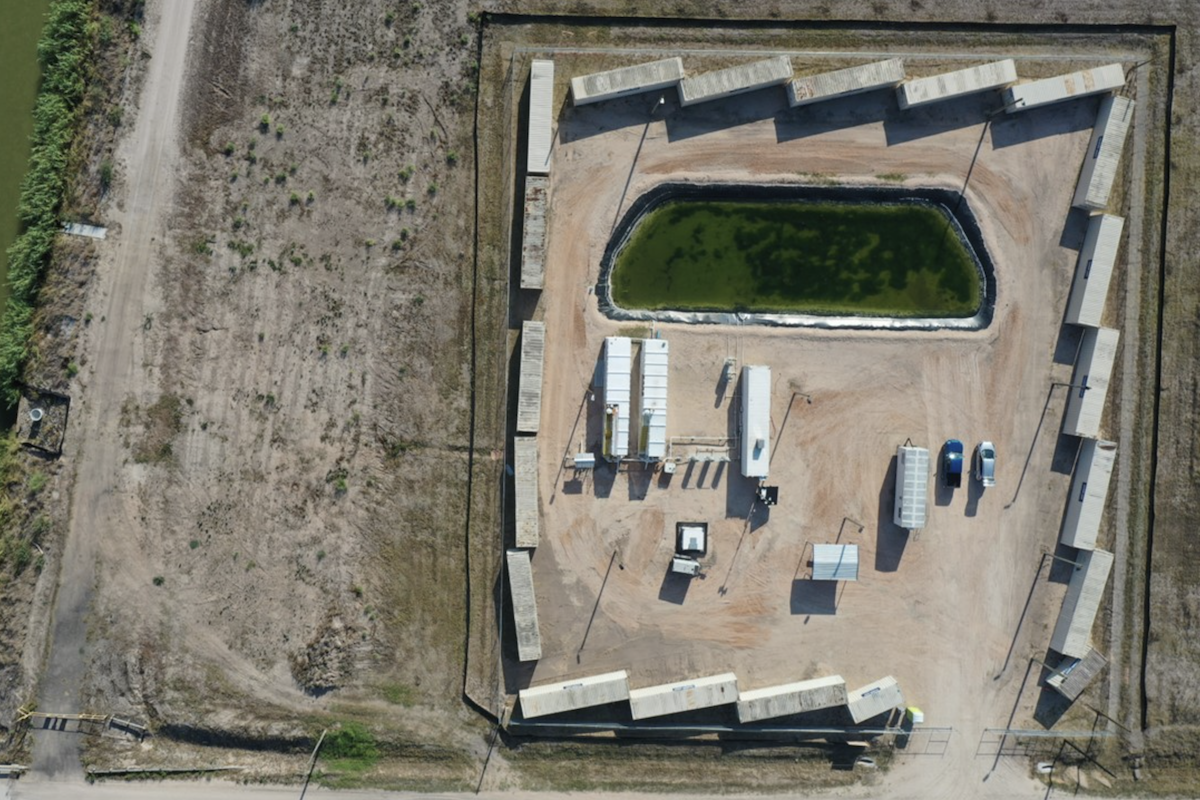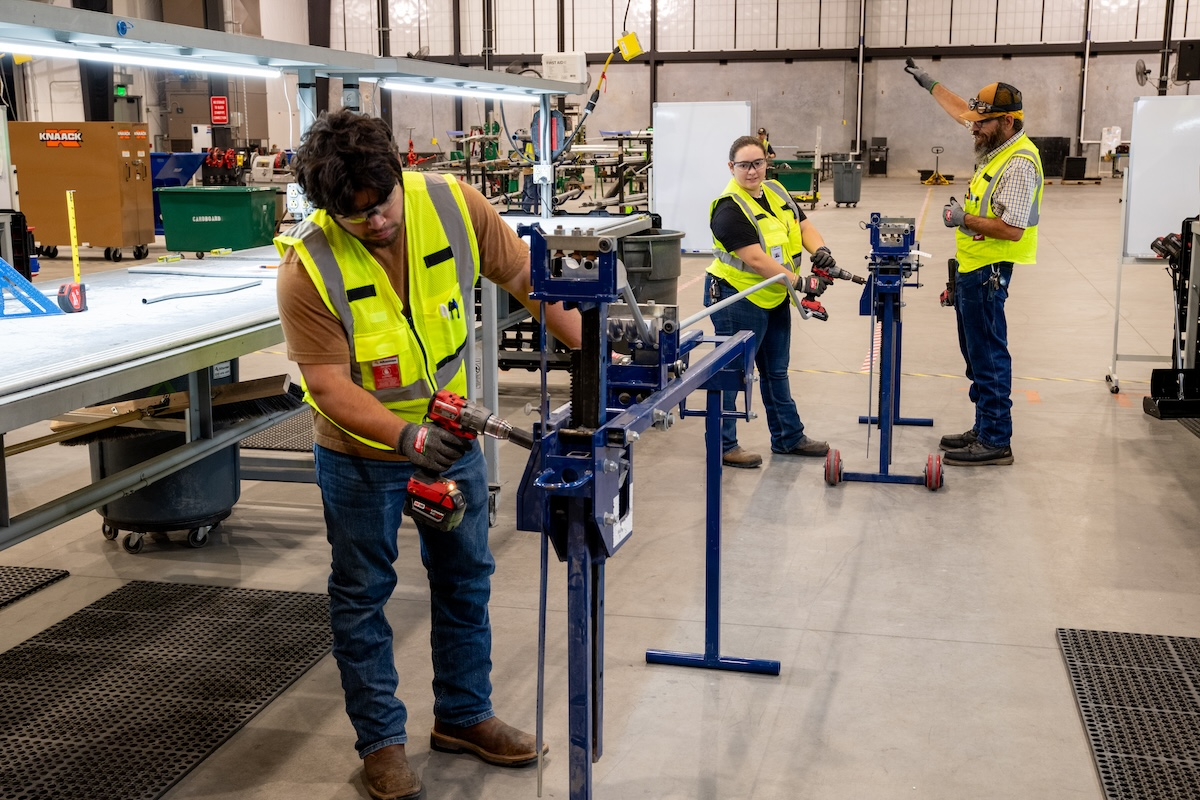In addition to all other issues that are covered in the bills, such as education, health and safety, transportation, infrastructure, etc., the Legislature commonly takes up business that impacts the construction industry. The bill filing deadline in the House and Senate is the 60th day after the start of the Session – March 10, 2023. Every construction issue that is presented to the Legislature as a bill will not be covered in this article, mostly because there is not enough space. But we can cover some of the legislation that has been filed and is being considered for passage this year.
HB 2310 also defines the term “commercial construction defect.” It would be a defect in the design, engineering, material, workmanship, or construction of commercial property. That means that Chapter 28 would apply to design defects and construction defects. Once a claimant has identified a commercial construction defect, Chapter 28 would require that the claimant meet certain standards in its pleading related to the claimed defect. Chapter 28 would also allow the entity defending against that claim to file a motion to dismiss the defect claim if the pleading does not sufficiently meet the pleading requirements or if no reasonable jury could agree with the claimant on its claim.
HB 2310 is worth keeping an eye on in the construction realm. It is not limited to public or private projects. It is not limited to design or construction defects. And it is in addition to other requirements, such as the certificate of merit requirements in Chapter 150 of the CPRC. HB 2310, or some similar version of it, could impact construction defect litigation. Time will tell if it passes.
HB 1963 would expand the funds that would be considered trust funds to include statutorily-required retainage – 10 percent of the contract value. HB 1963 also adds a mandatory award of attorney’s fees and costs for a trust fund beneficiary that prevails on a claim for violation of the Act. It is important to note that the award of attorney’s fees is not made available for a trustee who successfully defends against a claim it violated the Act.

| Your local Liebherr Construction Eq dealer |
|---|
| Nueces Power Equipment |
| Nueces Power Equipment |
As noted above, there are other bills that have been filed and relate to the construction industry. Most bills do not become law. The legislative process in Texas is designed so that it is difficult for legislation to make it through both chambers of the Legislature. Therefore, it is impossible to say what will and will not make it to the Governor’s desk. But it is important that construction businesses stay informed about changing laws.
If you want more information or want to become involved in the legislative process, contact your local industry association. The construction industry associations have a well-organized and cooperative legislative action arm that advocates for the rights of the construction industry. And keep your eyes and ears open for legislative updates this summer. Most industry associations and businesses that serve the industry, like construction law firms, host legislative update events after the session’s end to help keep their members and clients informed on how the law has changed during the last legislative session and what steps stakeholders should take to account for any changes that may have occurred.
In 1866, a New York judicial decision included these words in an opinion: “No man’s life, liberty, or property are safe while the legislature is in session.” 1 Tucker 248, 249 (N.Y. Surr. 1866) Perhaps exaggeration, but still something to think about 150 years later.
JD Holzheauser is a Senior Counsel at Peckar & Abramson, P.C. He can be reached at jholzheauser@pecklaw.com and 512.236.0009



